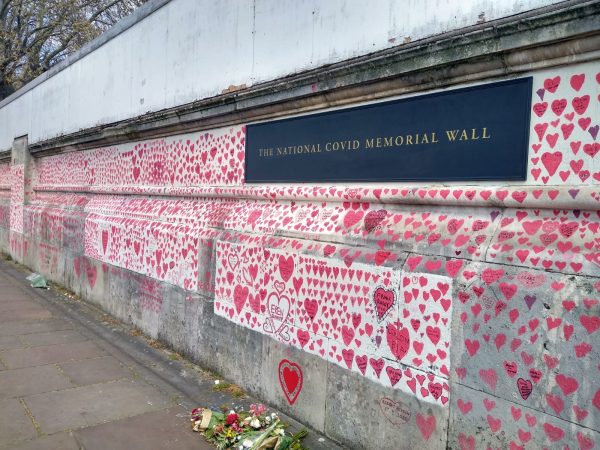We memorialize the losses most important to us, as a civilization. But what even is a memorial, and what does it do? And how does one memorialize such a vast and distributed tragedy like COVID-19, which was devastating physically but also divisive politically? Memorials tend to commemorate events that are clear and dramatic, maybe even a little cinematic. But with COVID, there was no heroic battle. No towers came down. No beach was stormed. The awfulness happened quietly, in ICUs and in bedrooms where no cameras were rolling, where no searing collective visuals formed. In other words, on top of everything else, the pandemic has been narratively inconvenient.

As the pandemic unfolded, huge numbers of people fell sick and died. Countless smaller and more local memorials sprang up, many of them phenomenal. But there was no memorial for the whole country — something as big as the pandemic itself, and flexible enough to accommodate a still-unfolding disease, and critical enough to recognize how it exacerbated other societal crises in the country, and sophisticated enough to somehow reflect all the wildly different feelings we’d eventually have about the pandemic.

National public memorials don’t have a single, dedicated process. From the Vietnam Wall to the National Memorial for Peace and Justice, it’s always different. Sometimes a handful of concerned citizens get together and make it happen. Sometimes a nonprofit pushes for it, or a foundation. There’s usually a lot of activism, and a lot of fraught conversations – about design, location, the story it should tell about what happened, and who it affected. In this case, the process is still ongoing, and the results uncertain. Reporter Chris Colin has the story.



Leave a Comment
Share